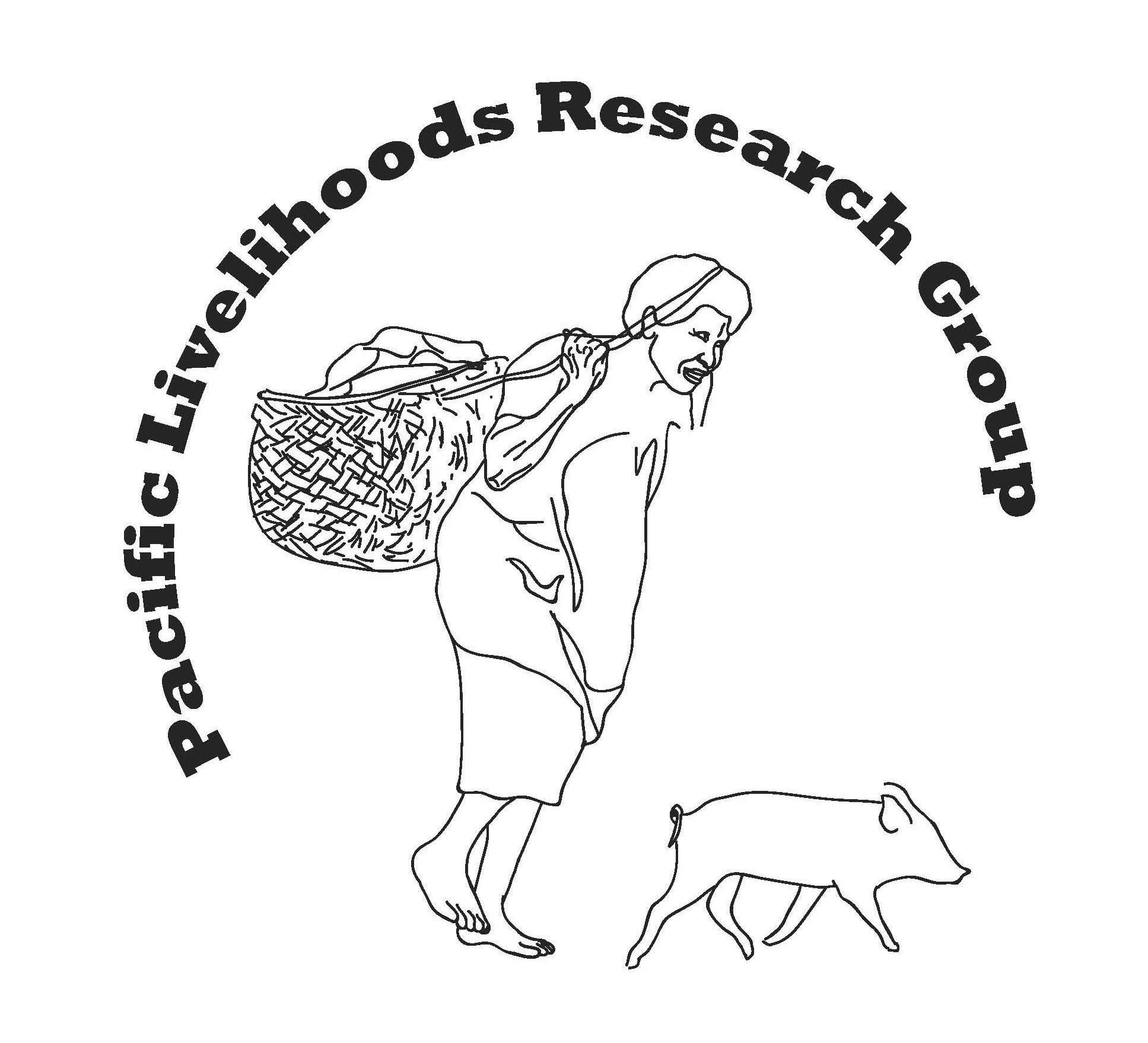Improving livelihoods of smallholder families through increased productivity of coffee-based farming systems in the highlands of Papua New Guinea (ACIAR ASEM-2008-036).
2010-2017
Project Leader:
Prof George Curry (Curtin University); and co-investigators, Dr Gina Koczberski (Curtin University) and Dr Mike Webb (CSIRO)
PNG Research Partners:
Coffee Industry Corporation: Drs Nelson Simbiken and Mark Kenny (Project leaders)
National Agricultural Research Institute: Mr Johannes Pakatul (Project leader)
This project aims to develop new farmer-driven extension models involving partnerships between the public and commercial sectors to improve nutrient management, extension delivery and the mobilisation of labour for coffee production.
Coffee is Papua New Guinea’s second largest agricultural export after oil palm. The sector employs 370,000 households (2.5 million people), who produce coffee in 12 provinces. Despite coffee’s economic importance for rural livelihoods, annual national production over the last 10 years has stagnated. Like other commodity tree crops, plantation production has declined since the 1980s. Smallholders have steadily increased their share of total national production to over 85%, but smallholder yields have fallen and coffee quality is poor. Plantation yields of green beans are almost twice as high as smallholder yields, indicating that better maintenance of coffee gardens and higher rates of harvesting can considerably improve productivity and incomes.
This project integrates nutrient management, extension and socioeconomic factors into the examination and analysis of smallholder production. Its research approach recognises how coffee production is embedded in agricultural, social, and economic systems that influence smallholder families’ decisions.
The project has three broad objectives:
- Identify the main socio-economic factors affecting the productivity of smallholders, including how they interact with nutrient management strategies and the uptake of extension and new technologies to design better targeted intervention strategies to strengthen smallholder livelihoods.
- Document the current status of soil fertility and the pathways of nutrient movement into, through, and out of smallholder coffee and food gardens to identify points of vulnerability to nutrient loss and points of intervention to maximise nutrient retention or accumulation.
- Design and test farmer-driven extension initiatives for mobilising labour and improving nutrient acquisition, retention and use in coffee and food gardens to improve the uptake of technologies and extension strategies.
https://www.aciar.gov.au/project/ASEM-2008-036
